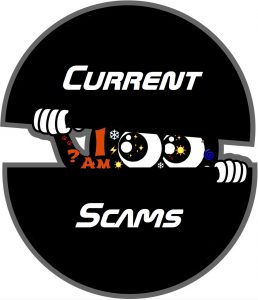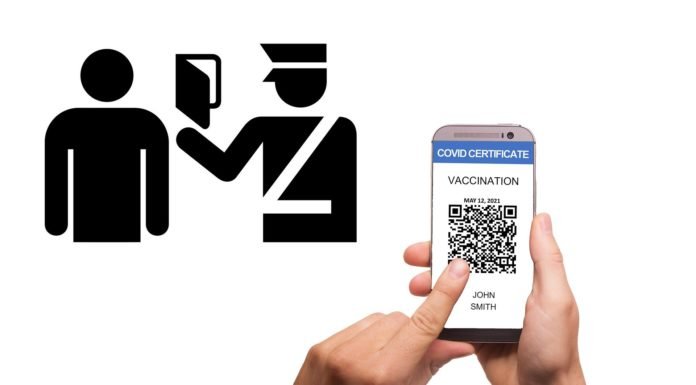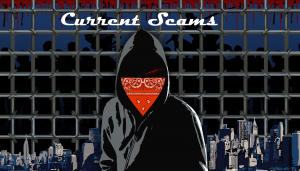Some states, private companies, universities and colleges are creating their own covid-19 vaccine verification products and services. These include apps and digital passports or certificates. Some are connected to state immunization databases while others rely on individual self reporting. The hodge-podge approach gives scammers an opportunity to cash in on the confusion.
While we are more than a year into the pandemic, and several months after the first rollout of COVID-19 vaccines, people can not wait to get back to a regular life. In some states, when you participate in an activity you might be required to show that you’ve been vaccinated or had a recent negative COVID-19 test.
Right now, there’s no standard way to prove you’ve been vaccine verification status or negative test results. And yes, there are those CDC COVID-19 vaccine verification cards people get when they get their vaccine. But they were never designed to prove your vaccination status and they may not be enough.
Remember not to share your COVID-19 vaccination card online due to the risk for identity theft. There are a few other ways to help stay ahead of the scammers.
- Be skeptical of anyone contacting you from the federal government. Right now, there are no official plans to create a national vaccine verification app, certificate or passport. If you get a call, email, or text from someone saying they’re from the federal government, and asking you for personal information or money to get a national vaccine certificate or passport, that’s a scam.
- Check with airlines, cruise lines, and event venues about their requirements. Don’t rely on information from someone who calls, texts, or emails you out of the blue.
- Contact your state government about its vaccine verification plans and requirements.
- Never share your information with just anyone. Scammers do set up real looking websites to sell fake goods and services, including vaccine verification certificates and passports.
- Before you share any information online, check out who’s asking for it. Search online for the company or organization’s name with words like “scam,” “review,” or “complaint.” Never share personal information, like your Social Security, Medicare, credit card, or bank account numbers.
If you know about a COVID-19 vaccine scam, tell the FTC about it at ReportFraud.ftc.gov. You can also file a complaint with your state or territory attorney general at consumerresources.org, the consumer website of the National Association of Attorneys General.









